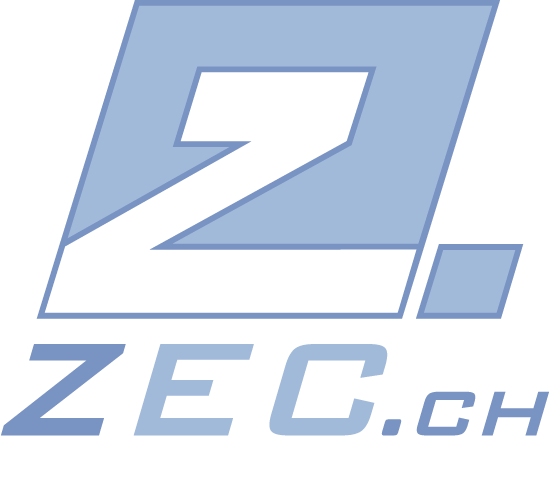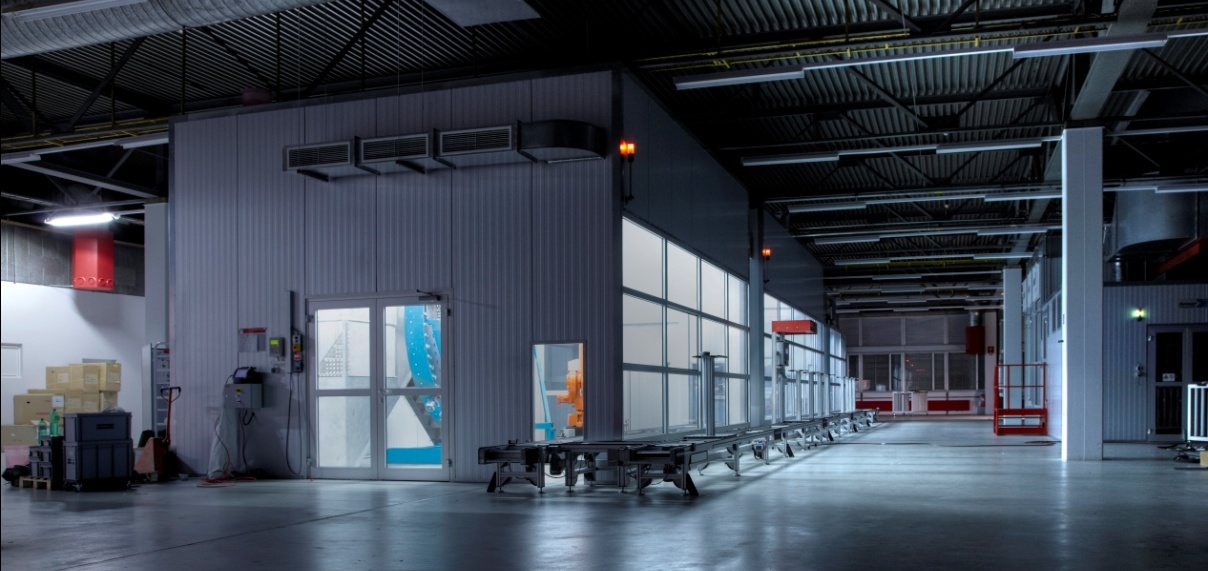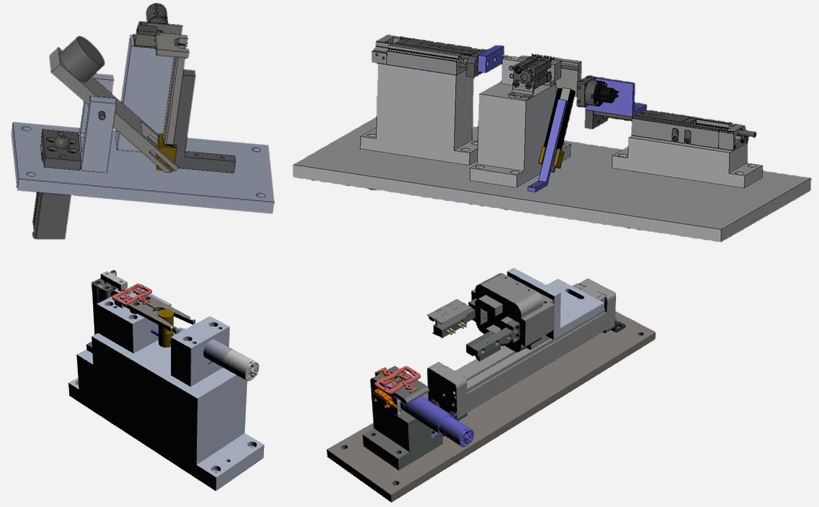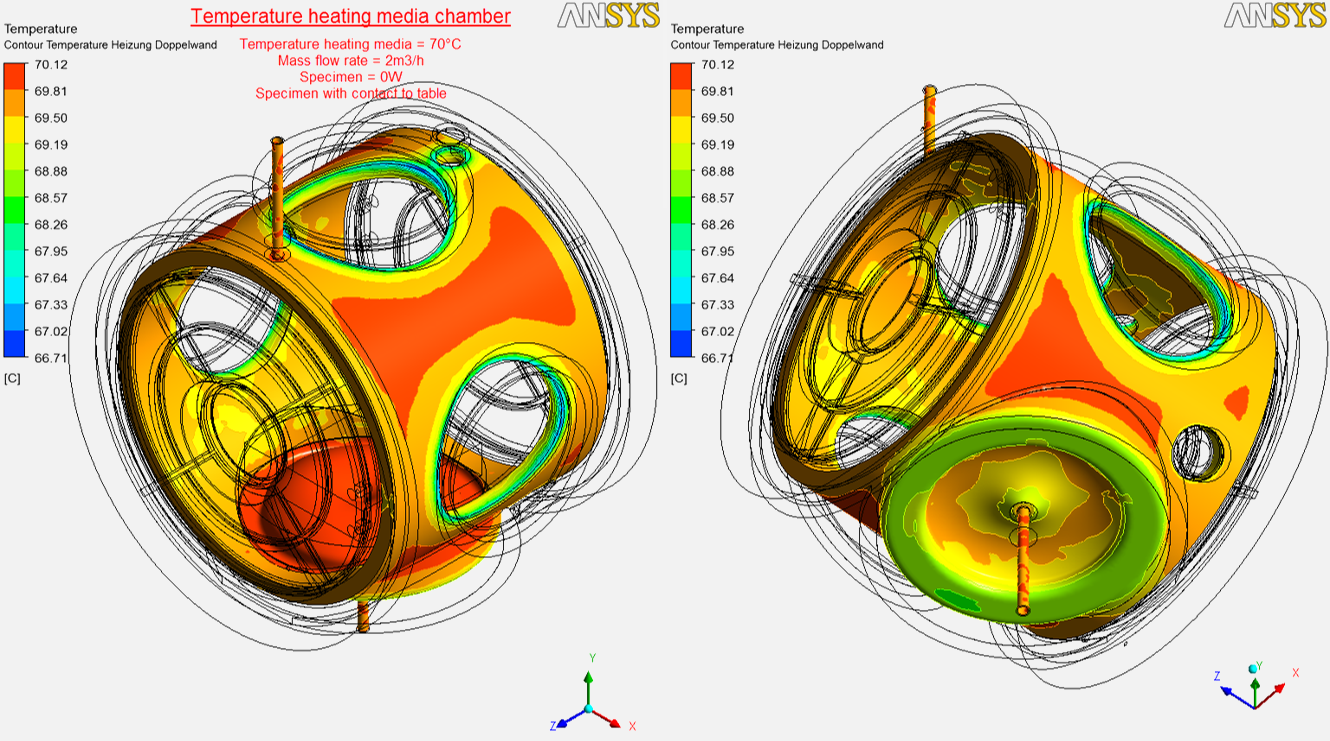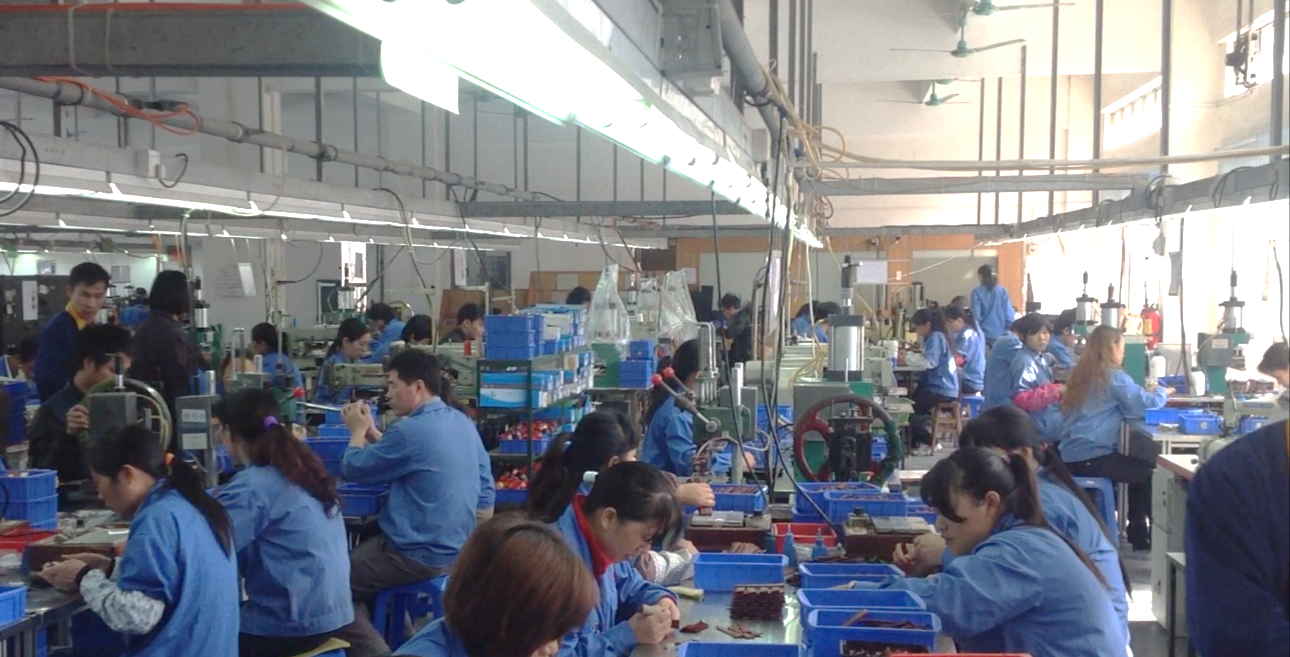During its lifetime manufacturing equipment passes several stages starting at initial incorporation into the production line, operation, maintenance to end-of-use and disassembly. Throughout these stages there are a number of critical intersections, which can potentially cause costly machine downtime or even downtime in the entire production system.
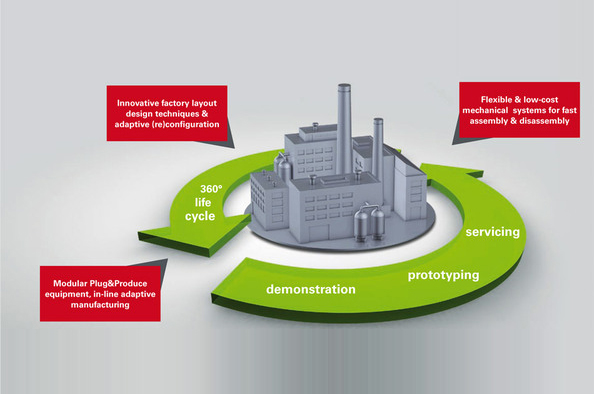
The vision of ReBorn is to demonstrate strategies and technologies that support a new paradigm for the re-use of production equipment in factories. This re-use will give new life to decommissioned production systems and equipment, helping them to be “reborn” in new production lines. Such new strategies will contribute to sustainable, resource-friendly and greener manufacturing and, at the same time, deliver economic and competitive advantages for the manufacturing sector. As a demonstration oriented project, ReBorn aims at delivering industrial environment proven prototypes. A special feature is the versatility of these prototypes which can be integrated either modularly or within inclusive factory layouts. Furthermore, and in the light of ever increasing importance of knowledge based economy, the re-use and refurbishment approach will give rise to new business model opportunities in particular related to servitization.
ReBorn will make significant step towards 100% re-use of equipment focusing its approach on 3 main areas:
Modular Plug&Produce equipment, in-line adaptive manufacturing
Imagine that equipment of a production line not only fulfils one isolated task, but rather acts as a dynamic, multipurpose yet highly specialized part of an orchestra of intelligent cells. Imagine that decision on the usage of the equipment for a given task can be taken in-line based on the equipment’s capabilities, current performance status and occupancy. Such flexible (Plug&Produce) production systems are enabled by intelligent components capable of communicating with each other in a network. These components are self-aware of their state and performance as well as their evolution over time. In ReBorn, these intelligent components will be developed as logically encapsulated entities – the so-called VERSONs – that gather, store and analyze process data. The obtained information will be converted into knowledge about the equipment piece within the system and can be used for e.g. dynamic scheduling of task operation, possible maintenance and refurbishment and for prognostic analytics on the equipment’s remaining lifetime performance. Importantly, the intelligent components will be designed as modules in order to allow for reconfiguration, e.g. in case of changing demands of the products to be produced. The modular structure also allows for easy integration (Plug&Produce) into both new and existing hardware. These developments will be the basis for flexible and adaptable production relying on machines and devices with built-in intelligence for self- and condition monitoring.
Innovative factory layout design techniques and adaptive (re)configuration
Building on the self-aware and knowledge-based equipment novel concepts for the entire production design process can be derived allowing for the re-use and reconfiguration of existing factory layouts according to conditions required for rapidly changing customers’ demands. The re-use considers both a local, product-oriented re-use as well as the re-use after de-manufacturing and dismantling of a device at different locations. ReBorn will elaborate a collaborative environment, through which an optimum choice on the resource allocation, task distribution and task sequence according to the capability status of the equipment a planning level can be made. The required information comes from the collected data by the intelligent devices themselves, which here, although autonomous, are embedded in the larger context of the production system layout design. By taking into account the usage of used and renovated equipment implies also the maximum extension of equipment life-time. The deployment of the knowledge at production life-cycle planning and design level marks important steps towards the knowledge-based and agile manufacturing enterprise of the future with innovative flexible and fast reconfigurable manufacturing solutions. It is expected that the proposed strategies will allow to decrease the ramp-up time of assembly lines to reduce investment costs for new equipment and to respond to rapidly changing consumer needs while saving costs.
Flexible and low-cost mechanical systems for fast and easy assembly and disassembly
Nowadays mechanical systems such as grippers or fixtures rely on specific, product-tailored hardware solutions. In case of product changes, time-intensive manual adaptions of the systems are required. Future solutions target on flexible, modular systems which are composed of standard components and allow for easy (mechanical) re-configuration and extension. A further strategy for flexible and resource economical manufacturing is based on Additive Manufacturing (AM) technologies. AM enables direct manufacturing from designs (CAD files) by 3-dimensional printing of the desired product. In ReBorn, the team aims at developing a flexible, multipurpose and low-cost handling cell for producing a light-weight gripping device. The design and production process will be just-in time and fully automated thereby eliminating intermediate manual steps and reducing the adaption of handling devices during change-over towards zero. Optionally, integrated sensors can gather and provide data to further enhance the components capabilities and self-analysis baseline. This development will allow for highly flexible processing of parts with small lot sizes and an increasing variety.
Additional documents:
Newsletters:
